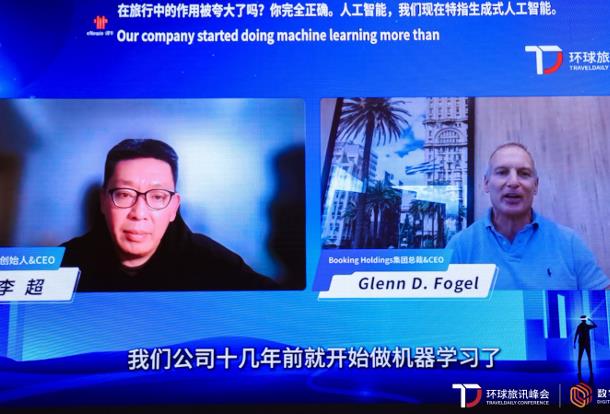
On the evening of December 10, 2024, Fosun Tourism Group announced its plan to privatize and delist from the Hong Kong stock market.
Why is Fosun Tourism Group delisting?
The immediate reason is that the stock price offered by investors on the Hong Kong stock market has been too low. Fosun Tourism Group’s current market value is only HKD 4.6 billion, approximately RMB 4.28 billion.
In comparison, when Fosun Group acquired the Mediterranean Club in 2015, it spent RMB 6.4 billion; in 2018, the Sanya Atlantis Hotel opened, with Fosun investing a total of RMB 11 billion in the project. Additionally, various other tourism assets have been integrated into Fosun Tourism Group, such as the travel agency Thomas Cook and the tourism management company Albion.
This low valuation largely stems from Hong Kong investors' pessimism about the company’s growth prospects. In the past two years, its stock price has continuously dropped, with one major reason being concerns about the debt risk associated with Fosun International, the controlling shareholder of Fosun Tourism Group.
Does this delisting imply that the Fosun Group is abandoning its tourism business?
In fact, Fosun Group Chairman Guangchang Guo remains optimistic about the tourism industry. At the Zhejiang Business Conference on January 13, 2024, Guo highlighted that the group would concentrate on two key industries: pharmaceuticals and tourism.
But after divesting its core assets, how does Fosun Group plan to focus on tourism?
The group has previously stated its intention to adopt a "light asset model" to maintain a competitive edge with fewer capital-intensive assets.
Analysts believe that with the privatization of Fosun Tourism and the subsequent sale of its core assets, the company will likely become marginalized in the tourism sector, potentially fading into irrelevance much like the Dalian Wanda Group in today's tourism industry.




